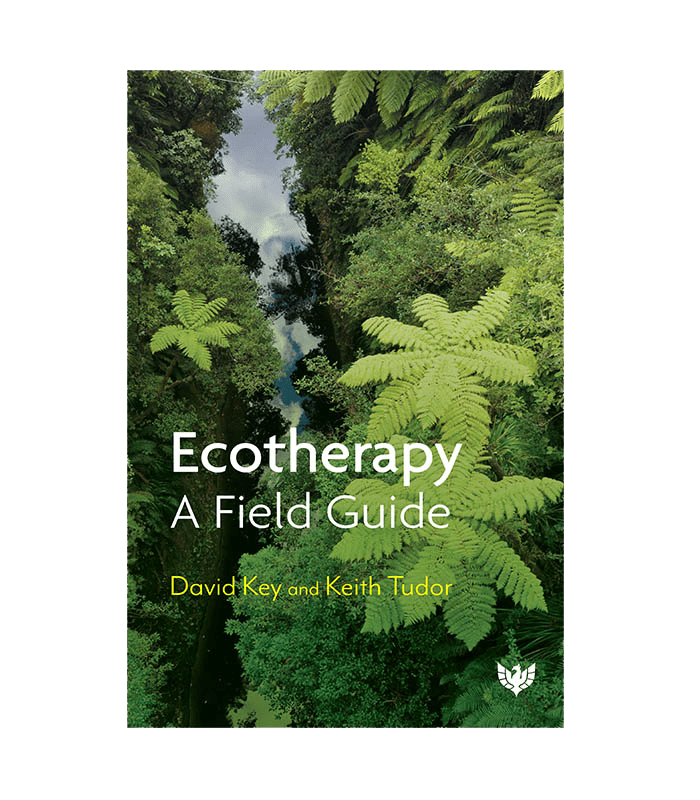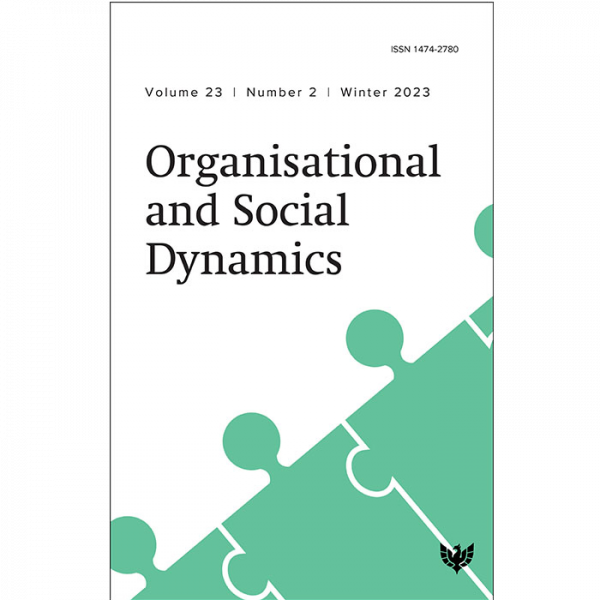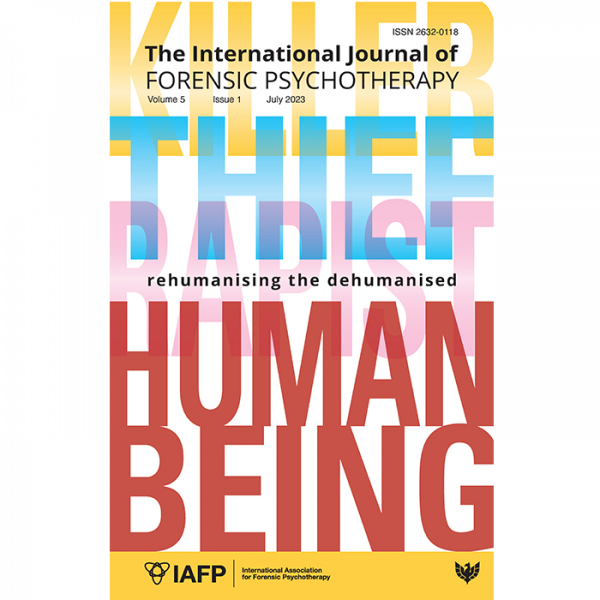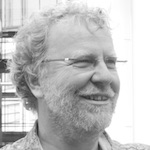Ecotherapy: A Field Guide presents an extensive review of the field of ecotherapy that unearths a number of ambiguities in the way this therapy is understood and described. The review explores six themes derived from a critical analysis of the findings: human and nature; therapy and therapeutic; wilderness and wild; physical and meta-physical; culture and indigeneity; and the skin-bound self and the ecological self. Throughout their exploration, the authors privilege traditions which predate the modern interest in this subject. They propose a new metatheory for ecotherapy practice that aims to bring some cohesion to the field, honour its heritage, and support its future development. Ultimately, the guide argues that great care should be taken in how ecotherapy is practised and described, as many of the terms currently being used are culturally inappropriate and therapeutically counterproductive.





 David Key has designed and delivered outdoor programmes for psychological wellbeing and sustainability to a wide diversity of organisations and individuals for nearly 30 years. He has also taught, supervised and researched extensively in the academic sector. He is published in several languages. See
David Key has designed and delivered outdoor programmes for psychological wellbeing and sustainability to a wide diversity of organisations and individuals for nearly 30 years. He has also taught, supervised and researched extensively in the academic sector. He is published in several languages. See  Keith Tudor is Professor of Psychotherapy at Auckland University of Technology, Aotearoa New Zealand, where he is currently engaged in establishing an entity for research in the psychological therapies. He is the author of over 300 peer-reviewed publications, including 17 books.
Keith Tudor is Professor of Psychotherapy at Auckland University of Technology, Aotearoa New Zealand, where he is currently engaged in establishing an entity for research in the psychological therapies. He is the author of over 300 peer-reviewed publications, including 17 books.
Mary-Jayne Rust, art therapist, Jungian analyst and ecopsychotherapist, and author of ‘Towards an Ecopsychotherapy’ –
‘This book provides a refreshingly critical view of ecotherapy, seeking to make better sense of this emerging field at a pivotal time in its development. I also love the way it attempts to bridge western and indigenous ways of thinking about nature, which is essential to the healing that industrial growth culture so desperately needs.’
Roger Duncan, MSc, UKCP, systemic, family and ecopsychotherapist, systemic supervisor and author of ‘Nature in Mind: Systemic Linking and Imagination in Ecopsychology and Mental Health’ –
‘This excellent book by David Key and Keith Tudor is as refreshing as it is academically rigorous, documenting some of the entangled epistemological issues within ecotherapy literature alongside contemporary accounts of the ancient hermeneutic practice of deep listening to land. It is an important contribution to the emerging dialogue between deep ecology and indigenous relationships with nature.’
John Perrott (Te Arawa/Pākehā), Associate Head of School, Māori Enhancement, School of Environmental Science, Auckland University of Technology –
‘Forget everything you have ever heard about eco-psychological therapy. This book deftly explores the cultural issues that plague modern ecotherapy, combining old ways of knowing with new ways of practice. This book takes you on a literary journey into meta-theory and the cultural complexities of modern ecotherapy practice, and grapples successfully with issues of cultural appropriation in ecopsychology and therapy. A must-read for those struggling with whakapapa, belonging and cultural relevance. This book invites a deeper communion about the nomenclature and reframing of modern ecotherapy. Key and Tudor superbly illustrate the inner whakapapa that exists within culture and ecotherapy. A field guide to belonging, nature, and intimate human relations.’
Tania Dolley, counselling psychologist and ecopsychologist –
‘This timely and exciting book provides an excellent overview and analysis of the field of ecotherapy, comprehensively outlining the territory of diverse contexts, terminology and practices and bringing much-needed cohesion and clarification. With a helpful metatheory which incorporates the different paradigms involved, the authors propose an elegant inclusive way of understanding thorny, ongoing issues and debates. Most pertinently, this thoughtful guide skilfully embodies the principles and paradigm it is espousing, including indigenous voices and poetic expressions that sing to our soul and convey the felt sense and spirit of our connectedness and belonging with “the wild earth that holds and heals us all”. David Key and Keith Tudor offer a welcome and important contribution to this emergent field so significant for our troubled times.’
Matthew Henson, MSc, UKCP, ICP, existential psychotherapist, ecotherapist, trainer and group facilitator in private practice –
‘Accurate, accessible and understands both the subtleties and the gravity of the issues that the ecotherapy world is wrestling with. It offers clarity in a field that can be confusing. I will reference this book in my teaching workshops.’
John Marsden, MBACP (Snr Accred), senior lecturer in counselling and psychotherapy, BACP, Therapy Today, April 2024, 35:3 –
‘The writing is lucid and a pleasure to read. The research question is well formulated, the search strategy is systematic and the discussion section provides good examples of critical thinking. Because the authors explain their thinking, research students will find it a useful guide when writing their own literature reviews. […] To clear the confusion, the authors offer a new paradigm for understanding ecotherapy that varies according to the practitioner’s view of therapy and nature. Truly ecological therapists, they argue, go beyond the therapeutic dyad and see ‘therapeutic potential’ in our complex web of relationships with the plant. […] Psychotherapists and counsellors seeking a more ecological way of working that takes account of our relationship with the planet as well as each other will find this book stimulating.’